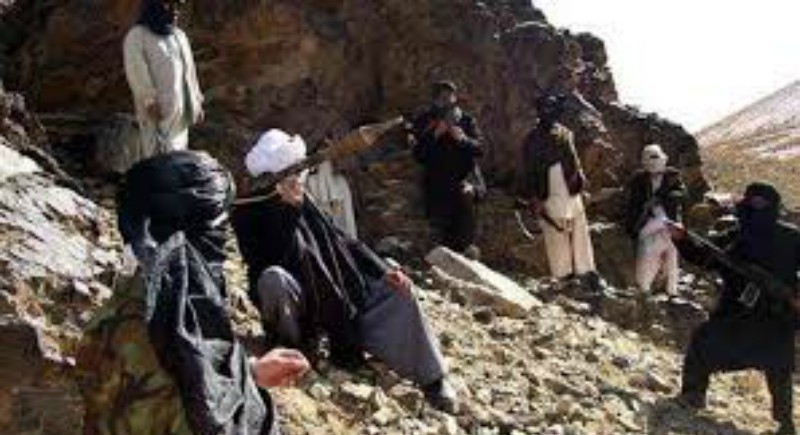US counter-terrorism strategy identifies Lashkar-e-Taiba (LeT) and Tehrik-i-Taliban Pakistan as potential threat
Washington, October 5: Asserting the country to be one that supports terrorism, Pakistan at every moment shown its upper hand towards it. The United States new counter terrorism strategy has identified Pakistan-based terrorist outfits the Lashkar-e-Taiba (LeT) and Tehrik-i-Taliban Pakistan (TTP) are among radical Islamist groups as a potential threat.

In addition to the ISIS and al-Qaeda, dozens of other radical Islamist terrorist groups are working to advance more locally focused insurgent or terrorist campaigns, while still posing a threat to United States persons and interests overseas, said the National Strategy for Counter-terrorism released by the White House on Thursday. "These groups, including Boko Haram, Tehrik-e Taliban Pakistan and the Lashkar-e Taiba, employ a range of political and terrorist tactics to undermine local governments and conduct attacks," it said.
The LeT has been held responsible for carrying out the 2008 Mumbai attack that killed 166 people. It has been declared as a foreign terrorist organisation by the US in June 2014. According to the strategy, these organisations will probably prioritise regional goals over attacks against the homeland or United States interests because of resource constraints or political considerations.
The administration of counter-terrorism strategy said, “However, many of these groups are hostile to the United States, maintain networks of sympathisers around the world, and retain ties to the ISIS or al-Qaeda, underscoring their potential threat to United States interests," according to which radical Islamist terrorists remain the primary transnational terrorist threat to the US and its vital national interests.
Prominent terrorist organisations, particularly the ISIS and al-Qaeda, have repeatedly demonstrated the intent and capability to attack the homeland and United States interests and continue to plot new attacks and inspire susceptible people to commit acts of violence inside the United States, it said.
Radical Islamist terrorist groups have developed and used methods that have challenged the US counterterrorism efforts, including establishing state-like governing institutions within their safe havens, deploying sophisticated explosive devices to defeat aviation security measures, and using high-quality media products to recruit extremists in the West, it said.
Future radical Islamist terrorists and other terrorists will continually adapt these and other tactics to their circumstances and the technological advances of the age. Meanwhile, al-Qaeda's global network remains resilient and poses an enduring threat to the homeland and United States interests around the world, the strategy said.
Consistent United States-led counterterrorism pressure has removed many of its senior leaders and reduced the group's ability to operate in South Asia, but its affiliates continue to plan and carry out terrorist attacks against the United States and our allies, as well as raise funds from individual supporters through the international financial system, it said.